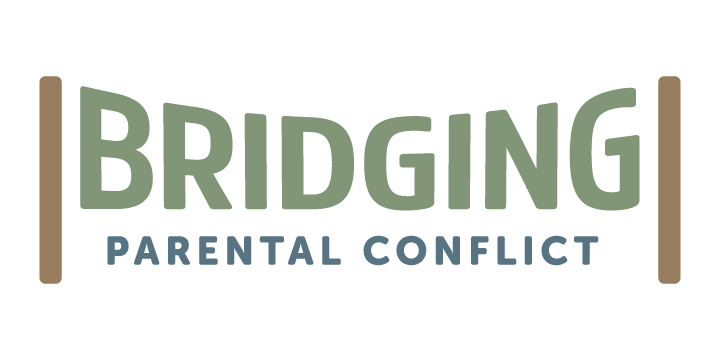
Bridging Beyond Conflict: Developing Parental Leadership in Families
Bridging Beyond Conflict is a comprehensive program for conflicted families. Bridging Beyond Conflict aims to reduce parental conflict, establish parental leadership, and build parenting and co-parenting skills for parents who remain in conflict after separation or divorce. This program, based on a William James College curriculum, is designed to move conflicted co-parents into a more child-focused pattern of co-parenting.
The program includes:
- Over 35 hours of class time in a fully interactive, online format
- Mandatory attendance of both parents together
- Two-person team of facilitators (one male and one female; one mental health professional and one legal professional)
- Maximum of 6 of co-parenting partners, 12 total participants
- Well-established models of parent education
- Bridging Parental Conflict class concepts
- Latest in child-development research
This course teaches skills that can help parents save money by avoiding long court battles and create a calmer family atmosphere for children by solving problems faster. Parents learn the damage their conflict causes their children developmentally, which can carry into adulthood and often throughout their lives. It is designed to help parents learn the skills to de-escalate custody/parenting time disputes and focus on raising healthy children.
Co-parenting partners can expect the following process:
- A member of the judiciary or a qualified authority (e.g., parenting consultant) working with the family will order the family to participate in this program. Attendance is reported back to the court or identified authority.
- After receiving the order, one of the designated instructors will contact each parent to conduct an intake interview (we screen individuals for active drug or alcohol problems, mental illness, domestic abuse/violence, and loss of contact with children who resist or refuse visitation for more than 6 months).
- Both parents attend the classes together for 10 consecutive sessions via videoconference.
- Each parent must provide a small picture of him/her with the children to be used on the other parent’s home.
- Class (either together, or in smaller groups, will eat dinner together virtually.
- During each class, conflict resolution skills are developed and practiced around specific parenting topics, such as discipline, transfers and transitions, attending the children’s activities at the same time, step-parents, grandparents, holidays, and vacation scheduling.
- There are several objectives for parents who participate in the course. Parents will:
- Develop and/or strengthen co-parenting partner communications as evidenced by weekly phone calls or emails following a provided structure
- Develop conflict resolution skills, including leaving history in the past and staying in the present, identifying issues in non-blaming manner; practicing “radical acceptance”; and practicing problem solving.
- Demonstrate respect for their co-parenting partner by saying positive things about him/her to children and encouraging children to have regular contact with their co-parenting partner.
- Demonstrative emotion regulation
- Take responsibility by recognizing individual hurt and anger and co-parenting partner conflict is harmful to their children.
- Understand children’s perspective and remain able to refrain from negative communication in front of the children.
- Participants will get a certificate at the end of class—they will be given a “pass” or “fail” for the class along with an explanation. The certificate is also filed with the court. In order to “pass” a participant must attend all 10 classes, complete all the homework, demonstrate the ability to accept obligation for change, and show concrete evidence of a strong verbal and behavioral commitment to peaceful co-parenting (not simply demonstrate the belief that the conflict is really just the fault of the other parent).
